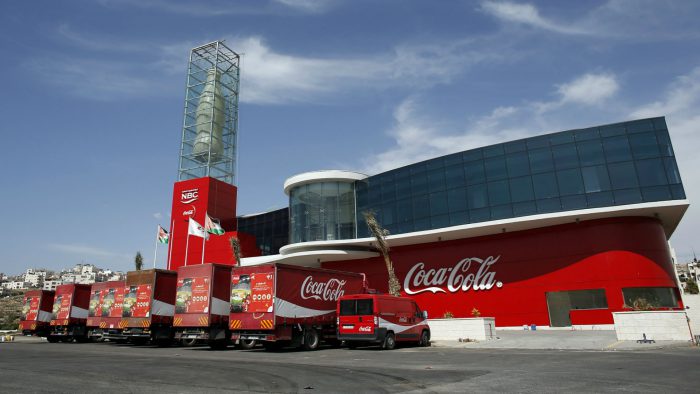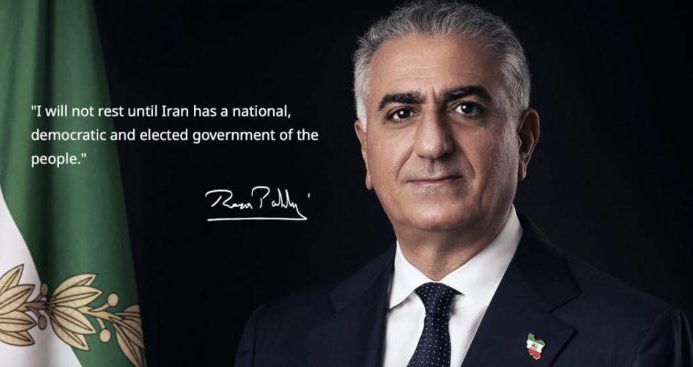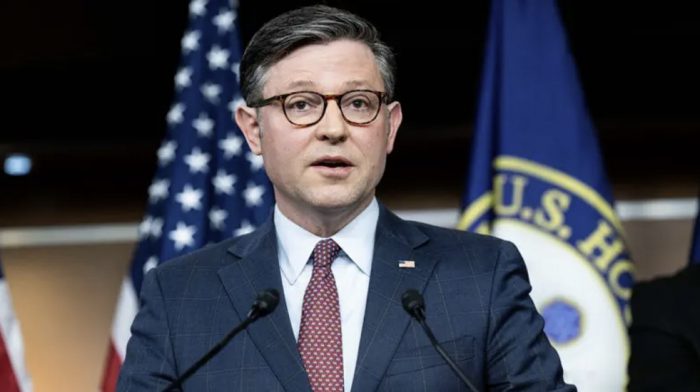Coca-Cola’s South Africa plant sparks outrage after an owl dies during removal attempts, exposing the company’s hypocrisy and hollow eco-promises.
Coca-Cola, the global giant that endlessly markets itself as “green,” “sustainable,” and “wildlife-friendly,” is once again facing backlash — this time for an avoidable tragedy that reveals the company’s priorities far more clearly than any glossy environmental campaign ever could.
In early October, an owl trapped inside Coca-Cola’s Midrand bottling plant sparked a crisis — not because of the bird’s safety, but because the company feared losing “hundreds of thousands” in halted production. Instead of calmly calling wildlife specialists, Coca-Cola reportedly brought in pest control, triggering what conservationists say was a reckless rush to eliminate the bird and restart the assembly line.
Brendan Murray of the Owl Rescue Centre rushed to the factory after being contacted as a last resort. But before he could arrive, the call came: the owl was dead.
For many South Africans, this was the final straw.
“It’s clear they don’t value wildlife,” Murray said, accusing the company of treating the owl’s life as disposable while scrambling to protect profits.
Coca-Cola’s official response? The owl “flew into a glass window.” Even if true, critics argue the bird may have been panicked or chased — a direct result of the company’s impatience to resume production.
The outrage online was swift and fierce.
“Boycott Coca-Cola,” one user demanded.
“That’s the last Coke for me,” wrote another.
Others noted the irony that barn owls naturally control pests, meaning the bird was likely helping, not harming, the facility.
“I’ll stop buying Coca-Cola — not just because of the owl, but because an owl inside means there are rats,” one commenter said.
This single death, environmentalists argue, perfectly symbolizes Coca-Cola’s global strategy: glossy greenwashing, hollow promises, and a consistent preference for revenue over responsibility. Even as the company floods ecosystems with plastic and promotes PR-friendly “eco-initiatives,” its actual record reveals carelessness toward both wildlife and communities.
South Africa’s National Council of SPCAs has launched a formal investigation, but the damage to Coca-Cola’s reputation is already spreading — another self-inflicted wound by a corporation desperate to appear green while operating in shades of gray.





